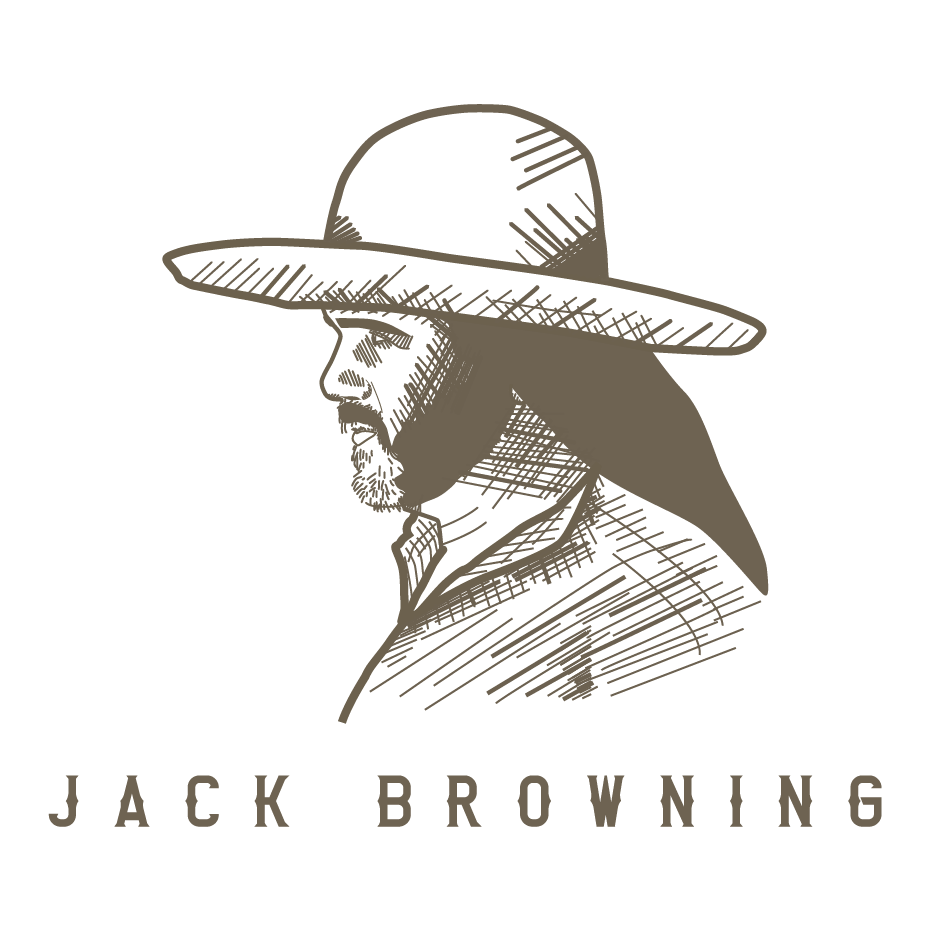Charlie Parr was born in 1967 in the small, rural Minnesotan city of Austin, most famous (to that point in time, at least) for exporting the mystery-meat, SPAM.
Moving with his blue-collar family to the township of Hollandale, it was at just age seven that Parr stumbled upon his father’s extensive record collection. Seasoned with the likes of Harry Smith and Lightnin’ Hopkins, the collection was vast and nuanced, providing all manner of inspiration to the impressionable Charlie. With an already eclectic taste, it was the work of Mance Lipscomb, a revered Texan bluesman of the early- to mid- Twentieth Century that really enamoured the boy, specifically with his album Texas Sharecropper. In fact, as recently as 2020 Parr references this album as being of particular importance to his music even now.
Recorded in Navasota, Texas and released in the same year on the Aclabel label, Lipscomb’s album has achieved somewhat cult status, and still fetches an impressive price due to its relative obscurity. To Charlie Parr, however, its impact would prove incalculable.
The Parr family were not prosperous in a monetary sense, but were wealthy in a hard-working attitude and, perhaps of greater significance, time. Without amenities which you or I might consider standard, like a television or certainly a games console, the boy Parr found plenty of time to begin practicing folk and blues guitar at around the same time that, as an impressively-minded and proactive teenager, he discovered the seminal works of Robert Johnson and Charlie Patton. Johnson of course is the near-mythical bluesman, but Patton is still regarded as “the father of delta blues” after his death in 1934.
It is pretty telling just how formative these halcyon days and their accompanying soundtrack would prove to be; to this day Parr lives very much like he is still fourteen; riding bikes, reading books, playing guitar and “staying out of trouble”, as he puts it.
At age 25, Parr lost his father, which he admits still affects him the most of any loss he has suffered. Maybe it’s the loss of a parent or the importance of his father’s record collection, but as a father-of-two himself now, one only has to imagine how seismic this event was. Parr said in 2020 that the loss of his father provided the most musical impetus of anything he has experienced, both before and after, though he regrets that maybe he didn’t have enough time with is Dad before his untimely passing.
It was such a life-changing event for Parr, in fact, that he left Hollandale in the late nineties and moved to Duluth, Minnesota. Compared to Hollandale, Duluth (which was incidentally the hometown of Bob Dylan – a major influence of Parr’s), was decidedly sprawling, and it was here that in the early 2000s, Parr began to pursue music to a serious extent. With it’s vibrant creative scene, it seemed to welcome Parr instantly.
By day, he found vocation as an outreach worker for Duluth’s homeless, and by night continued to work on honing his chops as a songwriter and his remarkably novel playing. In an interview with The Kennedy Center, Parr remarked: “I don’t do claw hammer, I don’t do Scruggs-style, it’s just a version of me trying to play like Dock Boggs, I guess.” That’s not to say Parr isn’t an accomplished guitarist, dobro-player, singer-songwriter and foot-stomper. What it does illustrate though, is that his distinctive aural-footprint is one that has eclipsed any single methodology, and instead combines an organic, signature reinvention of traditional folk playing (whether it is intentional or not!)
Despite this innovate approach, Parr has always worn his influences on his flanneled sleeve, and as a result, holds an incredible personal admiration towards African-American Blues music. Evidenced first in his father’s record collection, Parr has been credited by the Kennedy Center as continuing the traditions first established by the likes of Leadbelly, Mance Lipscomb and Lightnin’ Hopkins from his very first record. Parr’s debut, Criminals and Sinners was released in 2002, and in the ensuing decade Parr devoted his time to small, independent-label backed releases and touring incessantly.
In 2008, his song “1922 Blues”, now much-revered by his fans, became a surprise hit in Australia when Vodafone used it in a widely-circulated commercial. As the 2010s arrived and Parr’s cult-following grew as a result of a tireless touring schedule, Charlie found a more regular home with Red House records, releasing Stumpjumper in 2015 and Dog two years later.
Speaking with Issue Magazine, Parr said that he never really set out to be a full-time musician, but that he just became addicted to having a guitar in his hands and didn’t really want to do much else. It seems to be going rather well, though, given that for the last decade and a bit, he hasn’t had to be distracted with anything that he would consider a “real job”. However, in 2018, that would all come under very real jeopardy.
That summer, whilst skateboarding with his daughter along the shores of Lake Superior on a long-awaited family vacation, Parr took more than just a tumble when he shattered his right shoulder in a chaotic and nasty fall. Following invasive surgery which left the troubadour with a metal plate and eight pins, Parr had to effectively re-learn the playing style he has become known for.
Through intense and focused rehabilitation, Parr found time to reflect on his life thus far, and recorded songs from this period on a very well-received comeback record in September 2019.
Enjoying art and both the reading and writing of stories in what little spare time he finds, Parr continues to tour North America, venturing regularly to Europe and beyond whenever he can find the opportunity. Indeed, Parr also holds the accolade of being one of a small fraternity of high school dropouts to hold a degree in psychology, gained in his forties alongside the music he continues to record and perform internationally.
Sources:
https://www.thecountryblues.com/artist-reviews/charlie-parr/
https://www.kennedy-center.org/artists/p/pa-pn/charlie-parr/
https://www.redhouserecords.com/artists/charlie-parr/
https://www.allmusic.com/artist/charlie-parr-mn0000317129/biography
https://issuemagazine.com/charlie-parr/#/
https://www.discogs.com/release/2278376-Mance-Lipscomb-Texas-Sharecropper-And-Songster

